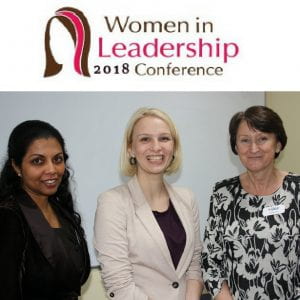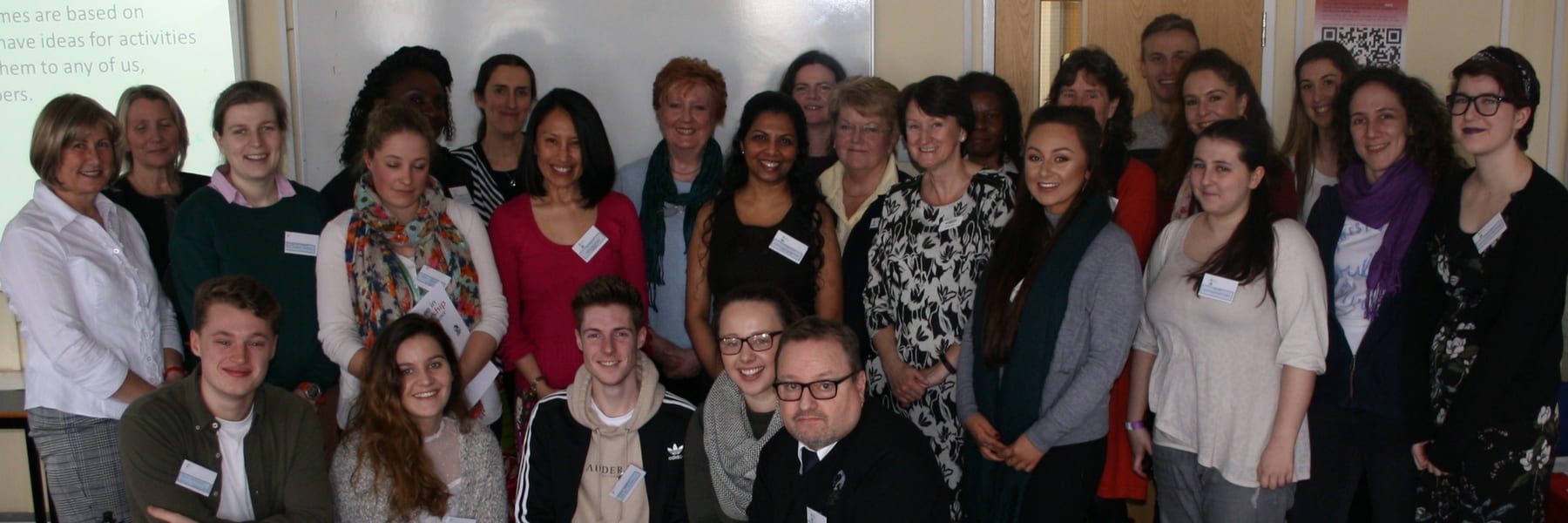 I’m a woman, and some of you probably are as well. Some of you probably aren’t, but that doesn’t mean Marjon’s Women in Leadership conference didn’t hold anything interesting for you. Quite possibly the opposite.
I’m a woman, and some of you probably are as well. Some of you probably aren’t, but that doesn’t mean Marjon’s Women in Leadership conference didn’t hold anything interesting for you. Quite possibly the opposite.
The day was full of incredible speakers who were so willing to share their experience and time with us. From lecturers to politicians to students, everyone had their own stories, challenges they had to meet, knowledge they were willing to discuss and spread.
Dr. Sanjee Perera-Child who is the founder and Chair of the Athena Project, and the Chair of Marjon Student Union Turn Around Board, welcomed me in the room when I turned up and immediately wanted to leave because I was intimidated and scared and quite possibly missing a lecture for this. She pulled me over to some of the other speakers so I wasn’t awkwardly alone. Her keynote was titled Permission to Lead, and she discussed who allowed us to lead, who said “Yup, you’ll be good at this, you may apply for this role.”
For most of the guests there, the answer boiled down to “I gave myself permission.” Didn’t matter who they were leading or how earth-shatteringly important the situation was. We have to allow ourselves to step up.
There are studies that show women only apply for jobs if they meet 100% of criteria on applications, while men apply if they meet only 60%. This was from a few years ago and I really hope this statistic doesn’t hold true anymore, but I know for myself and a lot of women around me, it does hold true. It’s complicated and built on years of socialisation and it’s difficult, in a blog post about our Women in Leadership conference, not to roll into a discussion of feminism.
It’s difficult to say that women need to overcome their insecurities and tell themselves they can lead when most women don’t see things that way. Most of us don’t see ourselves as victims of a male dominated world, and certainly lots of us don’t see ourselves as victims, because that’s the way things have been, it’s what we’re used to.
We’re used to photoshopped images. We’re used to our bosses and managers being men. We’re used to women being held to a higher standard and we’re used to women of colour fighting twice as hard for half the recognition.
And, while we definitely don’t have it as bad as we did, being able to vote and all, thing’s aren’t equal everywhere. Not in management, not in the media and not in politics.
Charlotte Holloway’s Women in Politics talk followed a similar route. She is the parliamentary candidate for Labour in the Plymouth Moor View constituency; Marjon’s constituency. She had been on an all women shortlist for the position, a method used by Labour since the mid-nineties to bring more women into politics.
These shortlists have been a contentious point in the media, from people who don’t think positive discrimination helps things for anyone, and those who think it will eliminate the stronger candidates. We should ask why they automatically think the stronger candidates are men in the first place.
Party politics aside, I like Charlotte. She was open about some of the comments she’s received as a woman in politics, and she’s kept a slight Plymouthian accent which is always nice to hear!
When planning to go to this conference, I originally was only going to attend the Intersectionality and Feminism in HE workshop, from Professor Lystra Hagley-Dickinson because that’s my thing (and it was after my lecture finished shh).
Lystra explained about diversity, and how widespread the intersectional side of feminism can be. From nationality and ethnicity, to sexuality and gender identity, to disability, to religion. And intersectional feminism fights for the rights of all women, fights for respect for all women, rather than from a white, cisgender, straight perspective.
Less “it’s been 100 years since women got the right to vote,” and more “it’s been 100 years since white, land owning women over 30 could vote but other women could not and we need to recognise that, although revolutionary for their time, the Suffragettes focused their efforts on a minority of wealthy, educated women and not the masses.”
The day was fascinating. We ended with a Q&A session with Steph Martin, Student Union president from Plymouth College of Art (PCA) about student politics, and a discussion around what we can do to encourage more students here at Marjon to go for SU roles.
What do you think? Why do you think more women at Marjon aren’t interested in student politics? Do you think it’s something we can shake off?
Thank you to all our amazing speakers from the day – Mick Davies, Lynda Tout, Dr Sanjee Perera-Child, Dr Tomasina Oh, Charlotte Holloway, Helen Goodall, Prof Lystra Hagley-Dickinson and Steph Martin. And Happy International Women’s Day (March 8th)!
